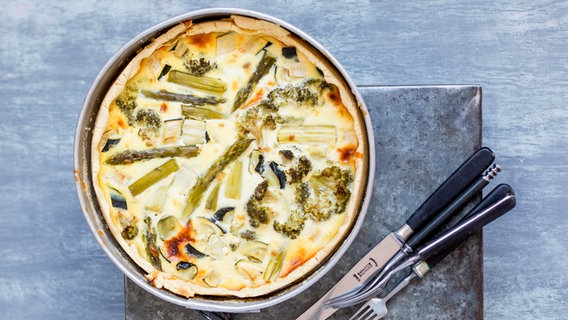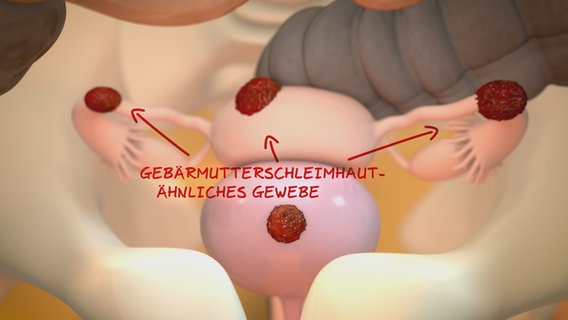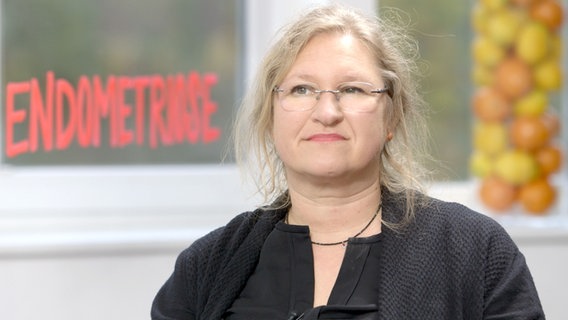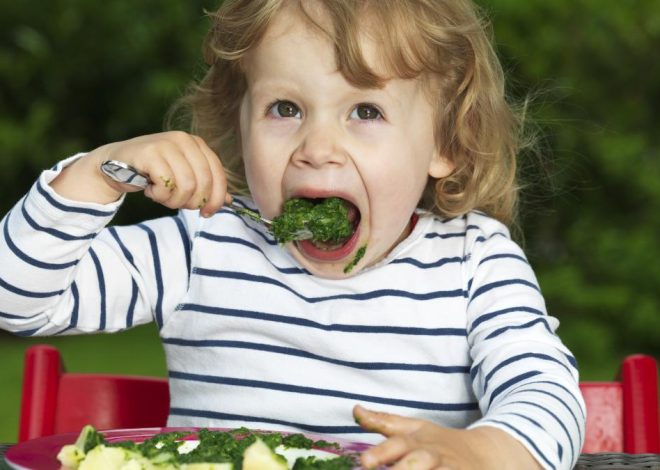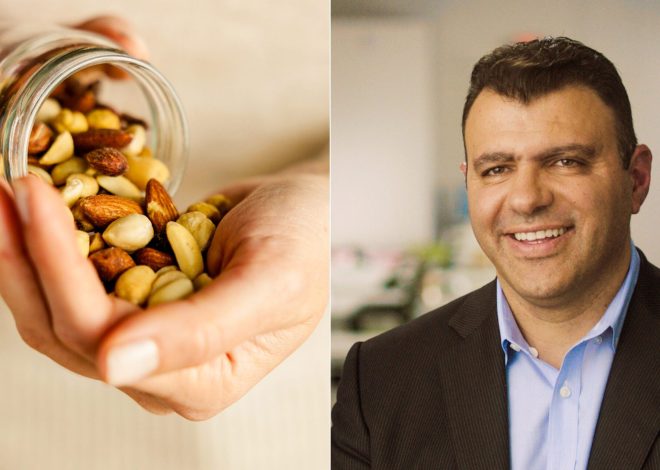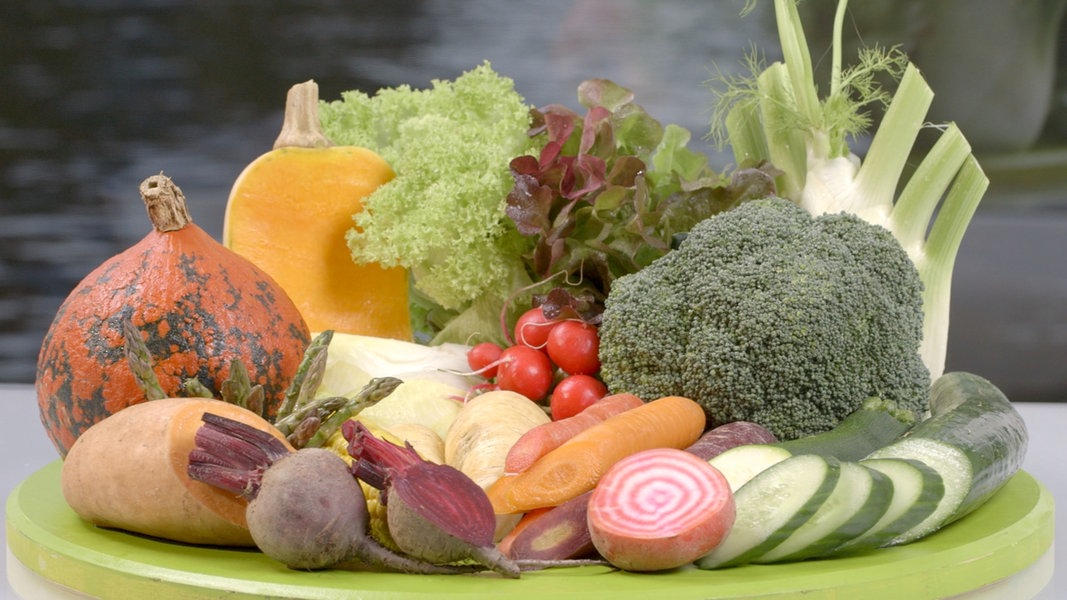
Diet for endometriosis: little meat, lots of greens | NDR.de – Guide
Status: 11.03.2024 08:00 a.m.
Endometriosis is caused by a chronic inflammatory process, so you should eat as little meat as possible. Foods that are not tolerated or foods that are high in histamine can also make symptoms worse.
Endometriosis is a painful chronic inflammatory disease that affects millions of women in Germany. Hormone therapy is often attempted, but this is often very stressful due to its side effects.
A change in diet alone can have an enormous impact. Nutritional therapy is based on several pillars, in particular:
- Inhibition of chronic inflammation through an anti-inflammatory diet with good fats and secondary plant substances
- Reduction of irritants such as histamine
- if overweight: Lowering estrogen levels by losing excess weight.
Eating anti-inflammatory foods
Meat consumption should be limited, as red meat and sausage in particular contain many substances that promote inflammation. These include arachidonic acid, an omega-6 fatty acid that is found primarily in pork. Too much sugar also promotes inflammation. It is therefore sensible to limit the consumption of snacks, sweets, pastries and white flour products. Wheat also has an inflammatory effect for some people.
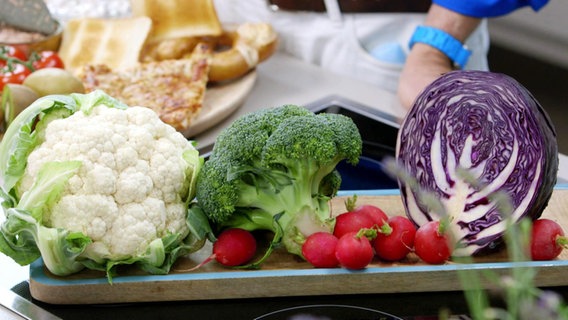
Cruciferous vegetables include cauliflower, broccoli and red cabbage.
Instead, the menu should include lots of vegetables. There are Recent studies suggest that cruciferous vegetables such as broccoli may have a positive effect on inflammation in endometriosis. They also influence the water balance in the tissue: less water, less swelling and potentially less discomfort. Other actually healthy vegetables such as garlic, onions and pulses, on the other hand, often have a bloating effect, which could increase endometriosis pain.
Omega-3 fatty acids also effectively support the body in fighting inflammation. Omega-3 fatty acids are found particularly in fatty fish such as salmon, herring and mackerel, as well as in high-quality linseed oil. Other sources of Omega-3 include rapeseed oil, walnut oil and hemp oil.
Be aware of intolerances and allergies in endometriosis
Endometriosis rarely occurs in isolation – autoimmune diseases or intestinal problems due to intolerances or allergies are quite common companions. A diagnostic evaluation is worthwhile. Avoiding gluten, for example, can sometimes lead to a significant improvement in symptoms. What exactly needs to be avoided can be found out by keeping a food diary. Professional support (nutritional medicine or through Nutritionists) can be enormously helpful here.
To protect the intestines, those affected should only eat small amounts of vegetables that cause gas, such as raw onions, garlic, cabbage and pulses, and avoid raw foods in the evening. Other tips: enjoy coffee and alcohol in moderation, drink still water and avoid freshly baked bread.
Cycle-dependent histamine omission in endometriosis
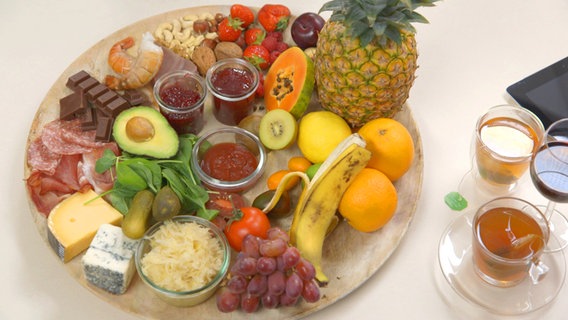
All of these should be avoided if you are sensitive to histamine.
Since histamines can increase pain and many sufferers are particularly sensitive to this, a cycle-dependent Eliminating histamines helps to alleviate the symptoms. An elimination diet lasting a good four weeks can be used to determine whether and to what extent avoiding histamines improves the symptoms. Since a low-histamine diet is very restrictive, it is important to keep a food and symptom diary and then only eliminate what is really causing symptoms. It can be a good idea to avoid foods that contain histamine a week before your period and during your period. Histamine is found in chocolate, red wine, tomatoes, spinach, avocado and lactic acid fermented vegetables such as sauerkraut, as well as in very mature cheeses and sausages.
Balance your hormones with weight loss
Being overweight changes the hormone balance. The fact that belly fat sends out inflammatory messengers makes the symptoms worse. Losing weight can lower the hormone level and thus prevent new endometriosis tissue from growing.
What to eat with endometriosis: foods and recipes
If you change your diet to include anti-inflammatory foods (see below), you can alleviate your symptoms and save on some medication. If you are sensitive to histamine, please also take the following – depending on your cycle, if necessary: Please note the histamine list (PDF)!
Further information
Further information


Ethel Purdy – Medical Blogger & Pharmacist
Bridging the world of wellness and science, Ethel Purdy is a professional voice in healthcare with a passion for sharing knowledge. At 36, she stands at the confluence of medical expertise and the written word, holding a pharmacy degree acquired under the rigorous education systems of Germany and Estonia.
Her pursuit of medicine was fueled by a desire to understand the intricacies of human health and to contribute to the community’s understanding of it. Transitioning seamlessly into the realm of blogging, Ethel has found a platform to demystify complex medical concepts for the everyday reader.
Ethel’s commitment to the world of medicine extends beyond her professional life into a personal commitment to health and wellness. Her hobbies reflect this dedication, often involving research on the latest medical advances, participating in wellness communities, and exploring the vast and varied dimensions of health.
Join Ethel as she distills her pharmaceutical knowledge into accessible wisdom, fostering an environment where science meets lifestyle and everyone is invited to learn. Whether you’re looking for insights into the latest health trends or trustworthy medical advice, Ethel’s blog is your gateway to the nexus of healthcare and daily living.

